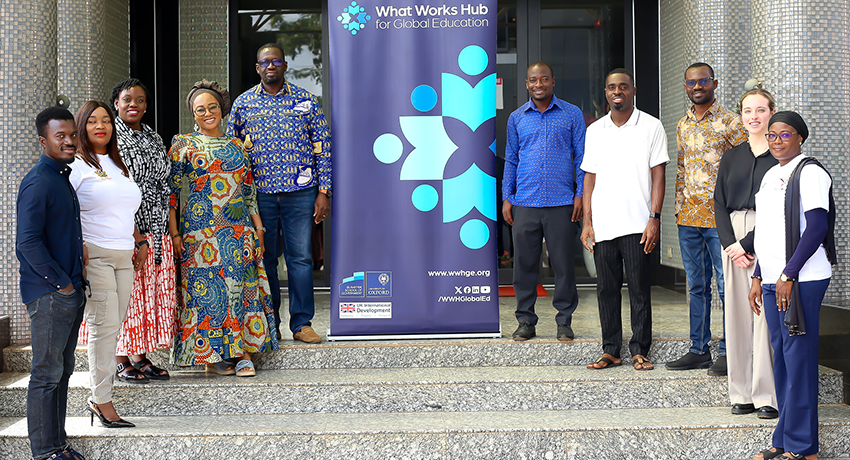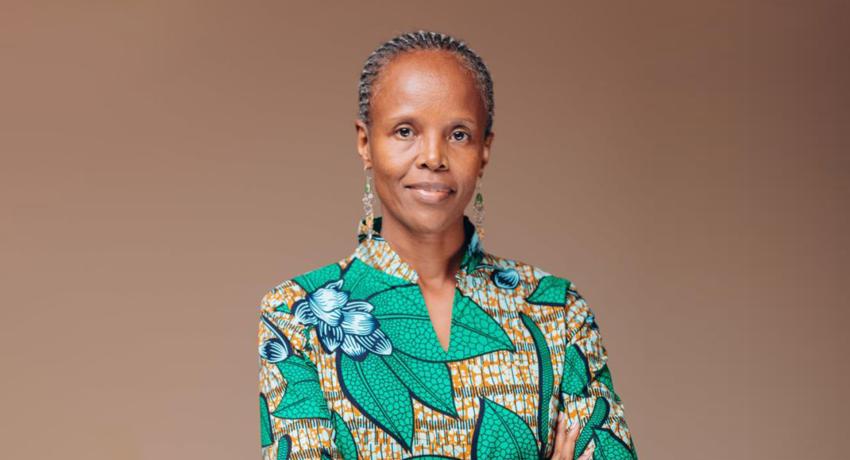2024 Mid-Year Budget Review
The 2024 mid-Year Budget was presented amidst high expectations regarding how the government is navigating its contours within the context of an IMF programme, debt rescheduling involving negotiations with commercial creditors, bondholders and bilateral creditors. Additionally, key stakeholders had high expectations for tax consolidation, a stable exchange rate, reduced inflation, and steps to create an enabling environment for the private sector to flourish. The following analysis presents a critical assessment of the 2024 mid-year budget.





